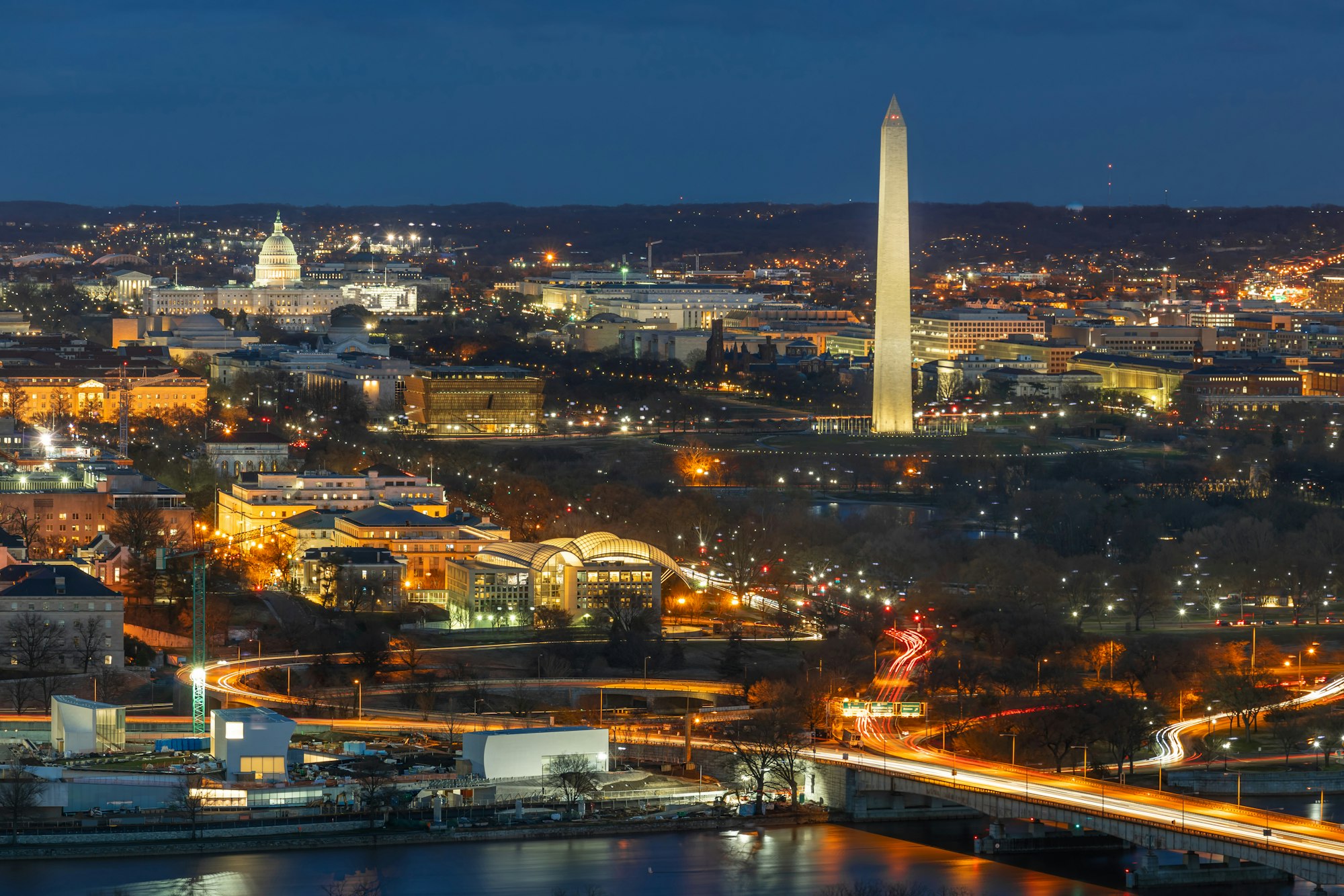A Gallup poll in 2019 indicated that two-thirds of Americans oppose giving Washington DC statehood. A new bill could change that.
Currently, Congress covers all costs related to keeping Washington, D.C. running. If lawmakers split D.C. into a small governing district and a separate state, the city’s maintenance and resident costs would then fall on the citizens.
If lawmakers split D.C. to allow for statehood, the small number of people living in the governing district would gain overrepresentation through the three additional electoral college votes granted by the 23rd Amendment.
DC wasn’t the first capital
Washington, D.C. was not the first capital of the country. In 1788, James Madison argued that the national capital needed to be separate from the states for its maintenance and safety. This argument followed the Pennsylvania Mutiny of 1783, when 500 soldiers marched on Philadelphia. This was the then-current seat of Congress, demanding payment for their Revolutionary War service. Pennsylvania’s failure to protect Congress led to the creation of a federal district distinct from the states.
Delegates agreed in Article One, Section 8 of the U.S. Constitution to give Congress the power to govern a district, not exceeding ten miles square, as the seat of government.
After several relocations, Congress held its first session in what is now Washington, D.C., in 1800.
Congress stripped DC of its local power
The push to make Washington, D.C. a state has been going on since the 1800s. In 1871 and 1874 under President Ulysses Grant, Congress stripped D.C. of its local power, 70 years after Congress initially used the area along the Potomac chosen by President Washington as the country’s seat of power.
The change followed Congress allowing Black men to vote in local D.C. elections in 1867. Congress decided that only the president had the power to appoint D.C. leaders whom the residents could not vote for. This was after a local government, mostly composed of Black males, had already been established, .
In 1961, the 23rd Amendment allowed Washington, D.C. residents to vote for president and vice president. Despite its population, D.C. will always have only three Electoral College delegates: one House member and two Senators, the minimum possible.
Power to reject statehood
Congress can reject any laws passed by the D.C. mayor and council. It has used this power to strike down laws affecting Washington, D.C. residents.
Dwight Eisenhower added Alaska and Hawaii as states in the late 1950s. This was the last time a state joined the union. Adding Washington, D.C. as a state requires a majority of 60 senators. Republican senators have historically blocked this process.
D.C. residents pay taxes and register for Selective Service but lack full citizenship privileges. They contribute more per capita to the federal government than any state but have no congressional votes.
In 2016, 86% of D.C. residents voted in favor of statehood. House Bill H.R.51 passed with 216 votes for and 208 against but has not yet been taken up by the Senate.
Follow for more of my Thoughts and Things







